In recent years, urgent care centers have become increasingly popular as go-to destinations for non-life-threatening medical issues. These facilities offer convenient access to healthcare services without the need for appointments and often boast extended hours, making them an attractive option for individuals seeking timely medical attention. However, despite their growing popularity, urgent care centers are sometimes subject to misconceptions and misunderstandings. Let’s highlight some common misconceptions about urgent cares and shed light on the reality of these essential healthcare providers.
Myth 1: Urgent Care is Only for Emergencies
One of the most prevalent misconceptions about urgent care is that it’s only appropriate for emergencies. While urgent care centers are equipped to handle a wide range of medical issues, including minor injuries and illnesses, they are not intended to replace emergency room services for life-threatening conditions. Urgent care is designed to provide prompt care for non-life-threatening concerns, such as fevers, sprains, minor cuts, and infections, allowing individuals to avoid long waits in the ER for conditions that do not require immediate attention.
Myth 2: Urgent Care is More Expensive Than Primary Care
Another common misconception is that urgent care services are prohibitively expensive compared to primary care. In reality, the cost of urgent care visits is often comparable to or even lower than a trip to the emergency room, especially for individuals without health insurance. Additionally, urgent care centers typically offer transparent pricing and upfront information about fees, allowing patients to make informed decisions about their healthcare expenses. For individuals with non-life-threatening medical concerns who require prompt attention but do not have access to a primary care provider, urgent care can be a cost-effective and accessible option.
Myth 3: Urgent Care Doesn’t Provide Quality Care
Some individuals may believe that urgent care centers compromise on quality of care in favor of convenience. However, this couldn’t be further from the truth. Urgent care providers are licensed medical professionals, including physicians, nurse practitioners, and physician assistants, who are trained to diagnose and treat a variety of medical conditions. These facilities are equipped with diagnostic tools such as X-rays and lab testing capabilities to aid in accurate diagnoses. Additionally, urgent care centers often collaborate with primary care providers and specialists to ensure continuity of care for patients who require follow-up treatment.
Myth 4: You Need an Appointment to Visit Urgent Care
Unlike primary care offices, which often require appointments for routine visits, urgent care centers welcome walk-in patients without the need for prior arrangements. This accessibility is one of the primary advantages of urgent care, allowing individuals to seek medical attention promptly without waiting days or weeks for an appointment. While some urgent care centers offer the option to schedule appointments online for added convenience, walk-in visits are always accommodated, making urgent care a flexible and accessible option for individuals with busy schedules or unexpected medical needs.
Myth 5: Urgent Care is Only for Adults
Another misconception is that urgent care centers cater exclusively to adult patients. In reality, many urgent care facilities offer pediatric services and are equipped to treat children of all ages. From minor injuries and illnesses to routine pediatric care such as vaccinations and physical exams, urgent care providers are trained to address the unique healthcare needs of children. Pediatric urgent care services provide parents with a convenient alternative to emergency room visits for non-life-threatening pediatric concerns, ensuring timely access to care for their children.
Conclusion
Urgent care centers play a vital role in the healthcare landscape, offering convenient access to timely medical attention for non-life-threatening conditions. By debunking common misconceptions about urgent care, we can empower individuals to make informed decisions about their healthcare needs. Whether you’re seeking treatment for a minor injury, sudden illness, or pediatric concern, urgent care centers provide quality care without the need for appointments or long waits. By understanding the reality of urgent care services, individuals can take advantage of this valuable resource for accessible and efficient healthcare.





